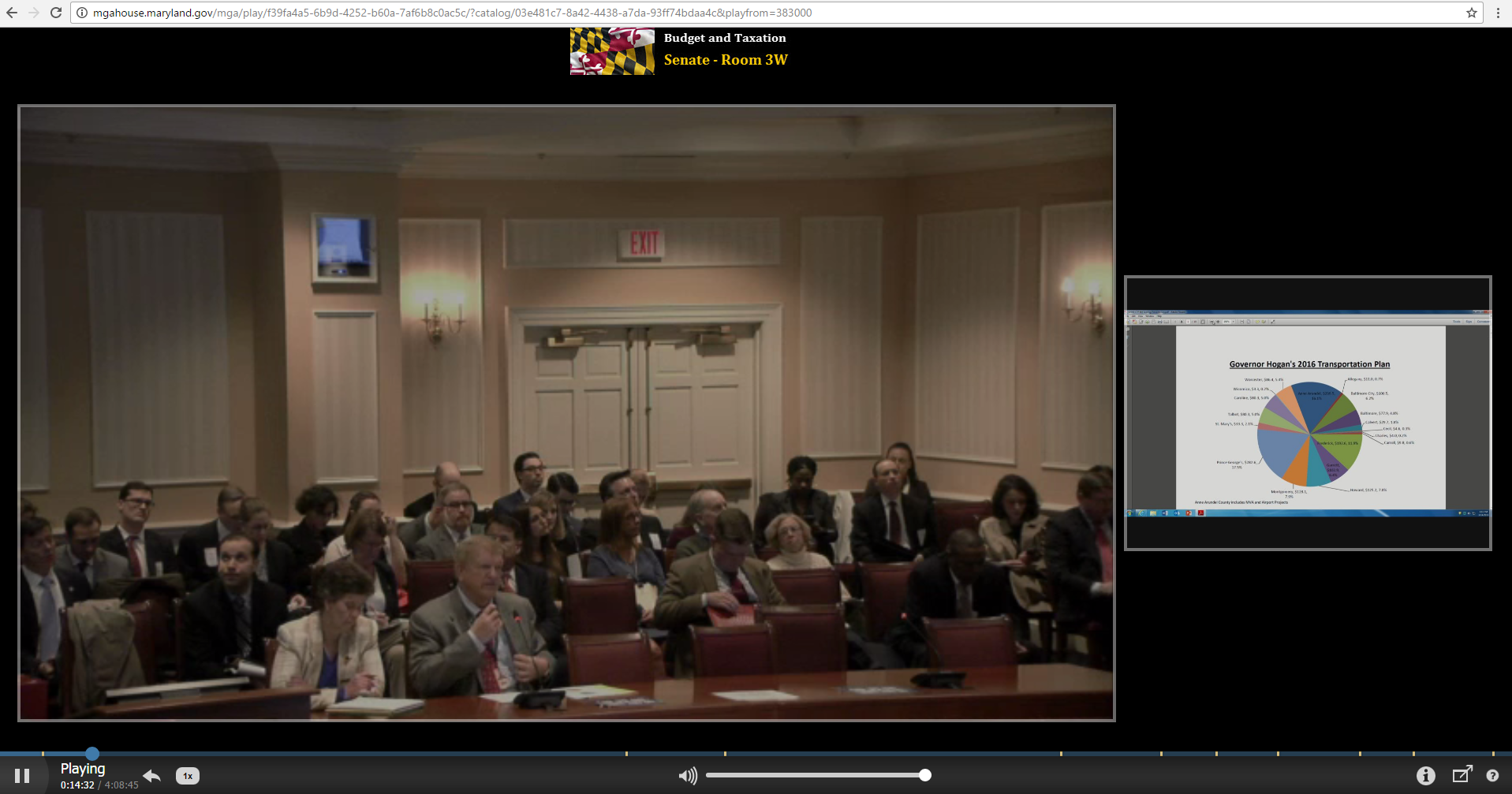By Adam Pagnucco.
Governor Larry Hogan is the most dedicated opponent of Maryland public schools in recent memory. And now, new rankings of states in a respected education publication show how effective he has been.
Education Week, which ranks public school systems by state, rated Maryland’s public schools as fifth in the nation as of 2017. That’s a decent rank, except when you consider that the publication rated Maryland number one every year from 2009 through 2013. Maryland scored particularly low on its achievement gap between low-income and high-income students, ranked as 42nd in the country.
The decline in the state’s ranking is no surprise since it’s perfectly consistent with Governor Hogan’s record on public schools. Consider what he has done in his first two years in office.
- He cut public school funding in his first budget.
The Governor of Maryland has enormous budgetary powers under the state’s constitution. When he submits an operating budget to the General Assembly, the state legislators generally cannot add spending to it – they can only set aside spending for particular purposes or cut it. Over the years, the General Assembly has established funding formulas for certain spending items in state law, and that includes most state aid programs for K-12 education. But the Governor identified one program that was not protected by state law – a program that sent extra money to school systems with higher costs of educating students. The Governor cut half of that money, a total of $68 million, in his very first budget. Here are the counties that were affected and their dollar losses:
Prince George’s: $20 million
Montgomery: $18 million
Baltimore City: $12 million
Anne Arundel: $5 million
Frederick: $3 million
Baltimore County: $3 million
Howard: $3 million
Others: $4 million
Note that almost three-quarters of the cuts applied to three jurisdictions: Prince George’s, Montgomery and the City. What do they have in common? You guessed it: they all voted against Hogan by large margins.
Hogan resisted calls from the General Assembly to restore the cuts, so they passed a law making the program mandatory. Hogan waved the white flag of surrender, admitting that he did not have the votes to sustain a veto. If he had gotten them, those cuts would have continued every single year.
- He withheld teacher pension aid for counties in his second budget.
Since FY2013, counties have been responsible for paying part of the cost of teacher pension funding, with the remainder covered by the state. After passage of his second budget, Hogan withheld $19 million in state aid the General Assembly set aside to help counties pay for teacher pensions, a move that threatened their credit ratings. Here are the counties that were affected and their dollar losses:
Montgomery: $6 million
Howard: $2 million
Baltimore County: $2 million
Anne Arundel: $2 million
Prince George’s: $1 million
Frederick: $1 million
Others: $5 million
Ultimately, Hogan agreed to release the money but only when the General Assembly agreed to provide an equal amount in corporate welfare to Northrop Grumman, one of Hogan’s top policy priorities. What kind of Governor plays games with school funding in order to get more money for corporate welfare?
- He is jamming public school boards with public school skeptics.
As Governor, Hogan has the power to appoint members of the State Board of Education as well as numerous local school boards. He has used that prerogative to stack these boards with skeptics of public schools. The President and Vice-President of the State Board of Education, both Hogan appointees, are nationally-known promoters of charter schools. Other State Board appointees are a religious school principal and “a consultant who works on charter school conversions.” It is no coincidence that the State Board is now considering an expansion of vouchers for private schools. Another Hogan appointee is Ann Miller of the Baltimore County school board, who has a history of criticizing LGBT people and immigrants. Another Baltimore County school board appointee, retired private school teacher and non-voter June Eaton, was asked by the Baltimore Sun “if she had any public school issues that needed to be addressed.” Eaton replied, “I really haven’t given it much thought. This is all new to me.”
- He is pushing hard for tax dollars to be sent to private schools.
At the same time that Hogan has been trying to cut funding for public schools, he is doing everything in his power to send tax dollars to private schools. Last year, he got the General Assembly to agree to $5 million in funding for vouchers. Now, he is pushing to expand the program to $10 million. The Governor continues to support a corporate tax credit for businesses contributing to private schools and introduced a bill that would have allowed charter schools to compete for state public school construction funding.
Hogan’s behavior is straight out of the playbook of Donald Trump’s nominee for U.S. Secretary of Education, Betsy DeVos: starve public schools and send the money to the private sector. Hogan even put his own twist on it by using public school money as a bargaining chip to get corporate welfare for defense behemoth Northrop Grumman. The Governor’s intentions are beyond doubt. Only one question remains.
Can he be stopped?


